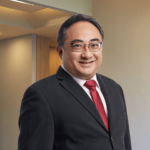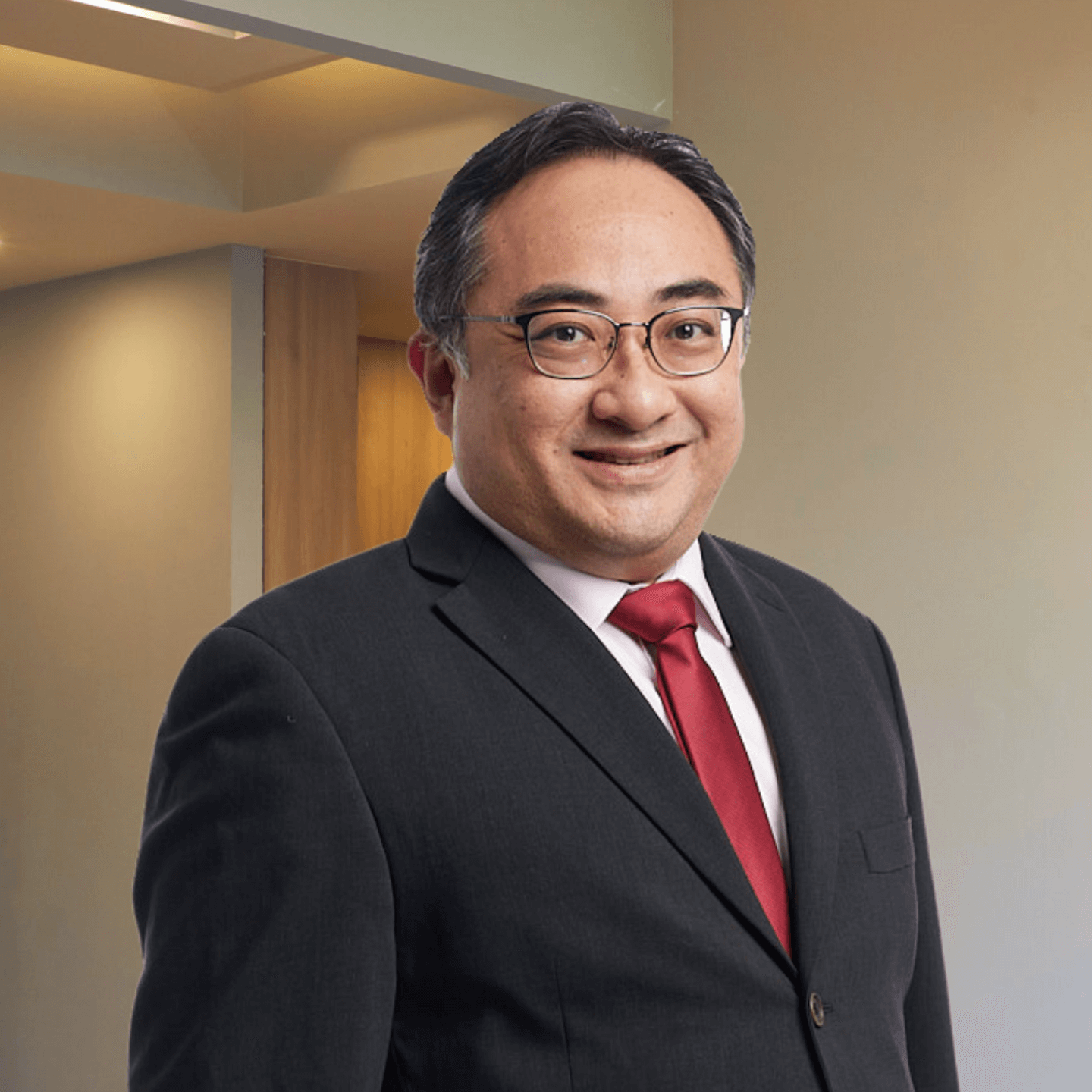Dr Roy Koh has expertise to manage a wide variety of neurosurgical and spinal problems. He was the first Neurosurgical Spine Consultant at KTPH and also performed Singapore’s first minimally invasive removal of a Spinal Tumor.
- MBBS, National University of Singapore (NUS) in 2000
- Basic Surgical Training in 2004
- MRCS (Edin) and Master in Medicine(Surgery) in 2006
- Neurosurgical Advanced Surgical training in 2008
- Fellowship with Neurosurgical Department in Addenbrookes Hospital, Cambridge
Dr Koh has been active in pursuing his love for neurosurgery and spine surgery. He has also been an invited surgeon to places like India and visiting specialist surgeon for the Vietnamese Neurosurgical Congress in 2013, showcasing his new minimally invasive spine techniques to our neighbours.
Dr Koh is an Adjunct Assistant Professor in the Yong Loo Lin School of Medicine, where he is an MBBS examiner, and actively involved in training of the next generation of doctors.




